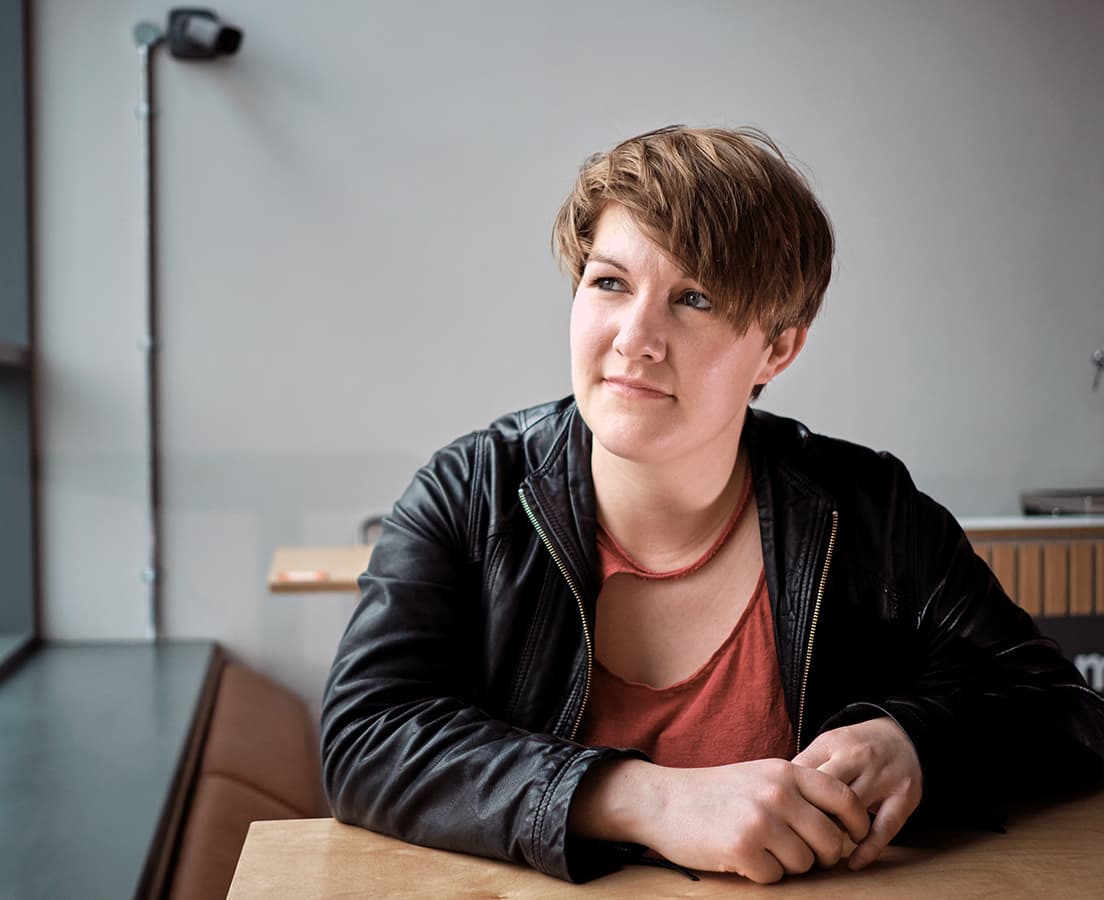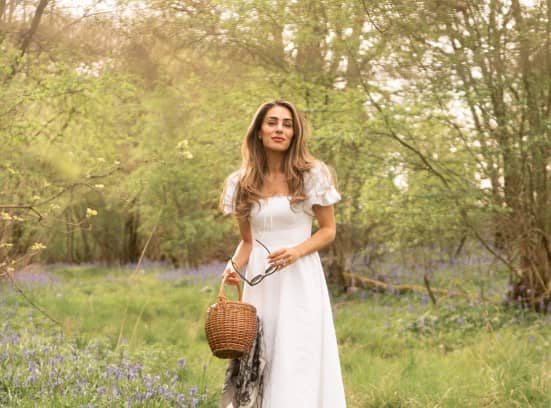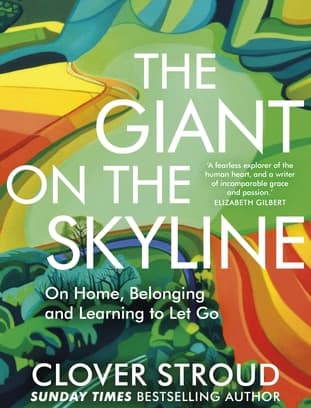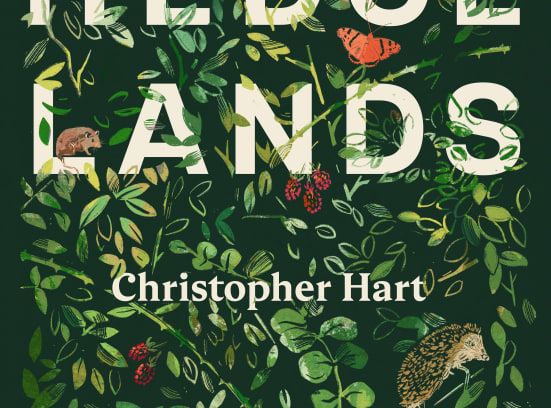To mark National Poetry Day at the very beginning of this month, we spoke to London-based poet, playwright and author, Caroline Bird upon this year’s release of her sixth poetry collection, The Air Year. Here, she tells us about the impact poetry has had on her life from the age of just 13 when she first became immersed in writing.
Has lockdown given you more time to write?
In theory it’s given everyone more time, but it hasn’t really felt that way – I haven’t found it a hugely creative time. It’s difficult to write poems about as well because poetry is about trying to find the universal within the specific, and then suddenly the specific is everyone else’s universal, so I might end up not writing about it at all.
You also teach poetry, has this still been possible throughout lockdown?
Yes, but the context of it has changed. Last week I did the first queer poetry course for Arvon and we did it online instead – it was amazing. I found as the week went on, the Zoom room started to feel more like an actual room, and it materialised from an awkward place to a natural one. I hated it at the beginning; I found it absolutely exhausting and so draining because I couldn’t feel the energy of the room so felt as if I’d been pouring my energy down a hole. Gradually I’ve started to get used to it, especially within the last week because of how beautiful and moving the course was.
What led you into teaching?
I went on an Arvon course when I was 13 and on that same week, I realised that I was gay and that I wanted to be a poet; it changed my whole life. I had that feeling of, ‘This is going to get me through my life, I can breathe through this.’ Poetry has always been the one thing that makes sense to me because it doesn’t have to make sense. The first poetry workshop I ever taught was after the release of my first book at age 15. A librarian from a boys school got in touch with me and said that she was having difficulty engaging these 15-year-old boys and wondered whether getting a 15-year-old to teach them might be a good idea – it was either going to be a good idea or a terrible one! I went in and invented a couple of exercises to do and I loved it. Writing a good poem is all about having to constantly unlearn your own process and then learn it again in a completely new way. As soon as you start to think you know how to write a poem, the poems get really bad. The best workshops always happen when I’ve never done the exercises before because then there’s something that’s being figured out in the air.
Was there anyone in particular who influenced you at this age?
On that first course taught by Peter and Anne Sampson, I remember going to my tutorial and Anne Sampson asked me how much poetry I read and I said – thinking I was really cool – ‘I write more than I read.’ She was like, ‘What are you talking about? you need to read 100 times more than you write.’ I spent all this money that I had saved up to buy a portable television and used it all to buy poetry books instead. I didn’t know what was good, so I just picked books with good titles. One of them was, Trembling Hearts in the Bodies of Dogs by Selima Hill. I’ve got that book in my bag right now because I’m using it on a course. I remember thinking, ‘I’m not allowed to watch an 18-rated film, but I can read ’Howl’ by Allen Ginsberg and nobody’s going to stop me.’ My favourite poet since I was about 13 was James Tate, I constantly return to the poets I loved when I was a teenager and when my heart was like wet cement; I love those in a very personal way.
What was it that drew you to poetry?
It was this portal which gave me access to all these things that adults weren’t going to tell me about, but poets would. There’s this line from a Sharon Olds poem when she talks about the relief of knowing that things are, ‘Not dangerously unaccounted for’. There is a relief in realising that there’s a place where people are going to tell you the messy truth about things, or at least they’re going to try.
Your new collection, The Air Year came out in April. Talk us through the meaning behind the name.
There isn’t one meaning, it can mean quite a lot of different things. There’s a poem in the collection called ‘Temporary Vows’ which refers to this imaginary anniversary, prior to paper where everything is up in the air. You make loads and loads of promises, but you haven’t delivered on anything yet and you feel like you’ve stepped out into the sky – that very restless and scary time of both falling and being lifted. The book is full of poems about being swept up or falling into something, being out of control but in a way that makes you feel alive. All of the speakers in the poems – which are all just versions of me obviously – haven’t landed yet.
Do you think it matters the order in which your poems are read?
Yes, you should definitely read a poetry book in order – it’s a lot more interesting. The order is like the extra poem of the collection and I think this about every poetry book. Poets will talk about that crazed stage of writing a book where you either lay out all the poems on the floor or Blu Tack them to your walls as if you’re having an episode. If you put them in a different order, it’s a different book. It’s not necessarily about making the process of reading easier, it’s about realising that if you put certain poems together they will naturally start speaking to each other and they start to then tip into a separate feeling, creating another pathway of poems.
You’ve said before that you don’t envisage an audience when you’re writing your poems, how do you think your writing would differ if you did?
I never think about anyone reading them because I think it’s so important to feel like it’s created entirely in the privacy of your own imagination. If I did, I would start writing an impersonation of myself or what I thought people wanted to hear. It would make me feel witnessed but not necessarily in a good way. It’s interesting though because often the most personal poems and the ones which I think nobody will ever see, are the ones I end up performing the most.
Some of the poems from your new collection are quite personal, do you find it cathartic to write them or is it ever anxiety-inducing?
It’s definitely both. There’s something cathartic in being able to create something from pain and construct something out of a destructive. Often however, a poem can make me feel much worse because poems won’t let you get away with denial and denial is very necessary for survival. I often have to make a choice between sanity and poetry, especially with this book which I wrote in seven months and was writing until about 4am. The work was just non-stop, so it was quite a relief when the book told me that it was done. Sometimes you put on slight disguises to the poem or make the mask of surrealism a lot thicker whereas now they feel a lot more personal because I’m not trying to hide it so much. I’m just trying to be braver.
What’s next for you?
What I’m doing at the moment is writing plays. I had a play that was due to open this autumn called Red Ellen, about the life of the MP, Ellen Wilkinson who led the Jarrow march – she’s absolutely fascinating. We were working on that for about five years. The playwriting is what I do in between writing the poetry and I think it helps me to stay balanced because you can still deal with your own feelings, but the lens doesn’t have to be quite so… you don’t have to swallow your own camera. You can zoom out from things and talk about ideas from more of a distance. I will definitely start writing poems again as soon as I get the twitch.
The Air Year (Carcanet Press) is available now.









